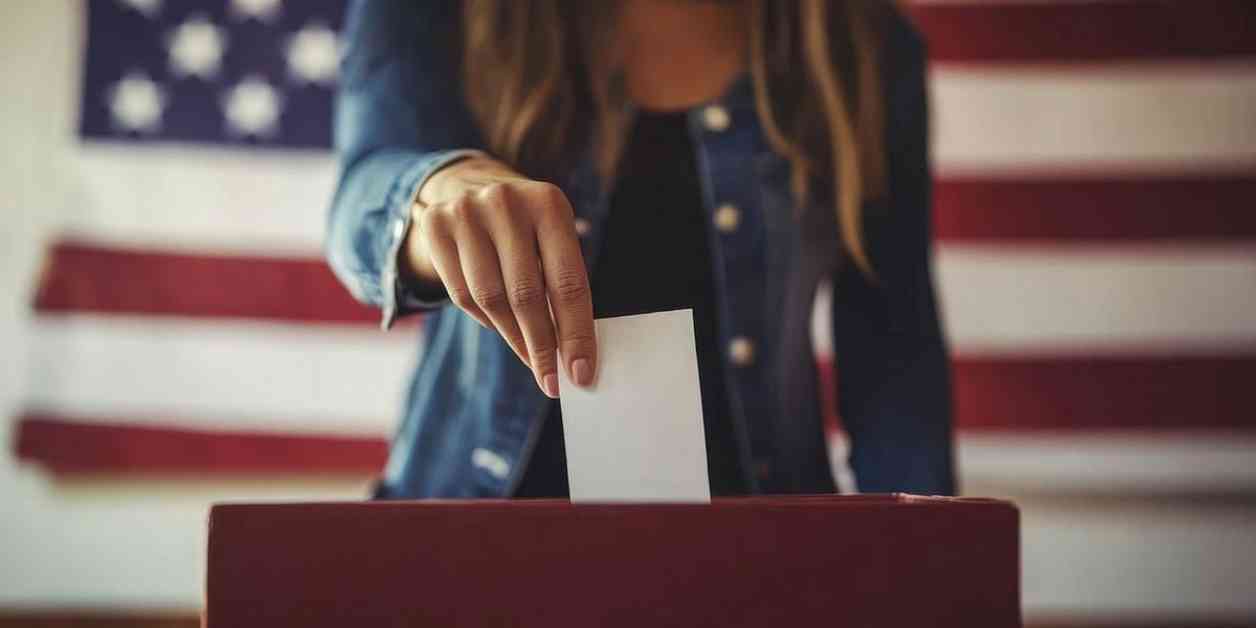The current election season has seen a rise in the influence of crypto voters, who are playing a crucial role in steering the conversation around policy and forcing candidates to address the future of cryptocurrency in the United States. These crypto owners are a diverse and forward-thinking group, with a significant presence in swing states like Arizona, Michigan, Nevada, Ohio, Pennsylvania, and Wisconsin. Nationally, 68% of crypto owners belong to the Millennial and Gen Z demographics, and 48% are racially diverse. In key battleground states, there are over 4 million crypto owners who could potentially sway the outcome of the election.
A recent survey conducted by the Digital Chamber revealed that 16% of likely voters identify as part of the crypto voting bloc. This group transcends party lines and considers crypto policy as a crucial issue. For instance, 40% of Black voters view crypto as “very” or “extremely” important in determining their support for candidates in 2024. This underscores the broad appeal of crypto policy beyond traditional political divisions.
There is a bipartisan consensus on the need for policies that promote growth in the crypto industry while safeguarding consumer rights. The majority of both Republicans and Democrats agree that supporting the crypto sector should be a priority for the next administration and Congress. Nearly one-third of Democrats and more than one-fourth of Republicans believe that crypto policy should be a “high” or “very high” priority. Furthermore, 80% of U.S. adults consider crypto policy to be moderately important for government officials, indicating widespread national support for action on this front.
Candidates who recognize the significance of crypto voters have a valuable opportunity to engage with this growing and motivated constituency by advocating for policies that foster innovation and protect consumers. Crypto voters are seeking concrete plans that acknowledge the transformative potential of crypto technology in finance, economic inclusion, and new opportunities. By embracing a balanced approach, candidates can appeal to a broad, bipartisan voter base that values economic freedom and technological progress.
Stand With Crypto, an advocacy group, recently conducted a successful tour through swing states and engaged with crypto enthusiasts, voters, policymakers, and local crypto entrepreneurs. They also facilitated voter registration at high-turnout events, with over 500,000 individuals using their voter registration tools. The overwhelming response indicates that voters are eager for decisive leadership on crypto policy and are enthusiastic about making their voices heard at the ballot box.
As the 2024 election approaches, the influence of crypto voters is becoming increasingly evident, with candidates across the political spectrum recognizing the importance of addressing crypto issues. The crypto vote could potentially be a deciding factor in the outcome of the election, and candidates who align with the priorities of crypto voters stand to benefit from their support. With the crypto community growing steadily, it is clear that these voters are ready to shape the future of the country.

















